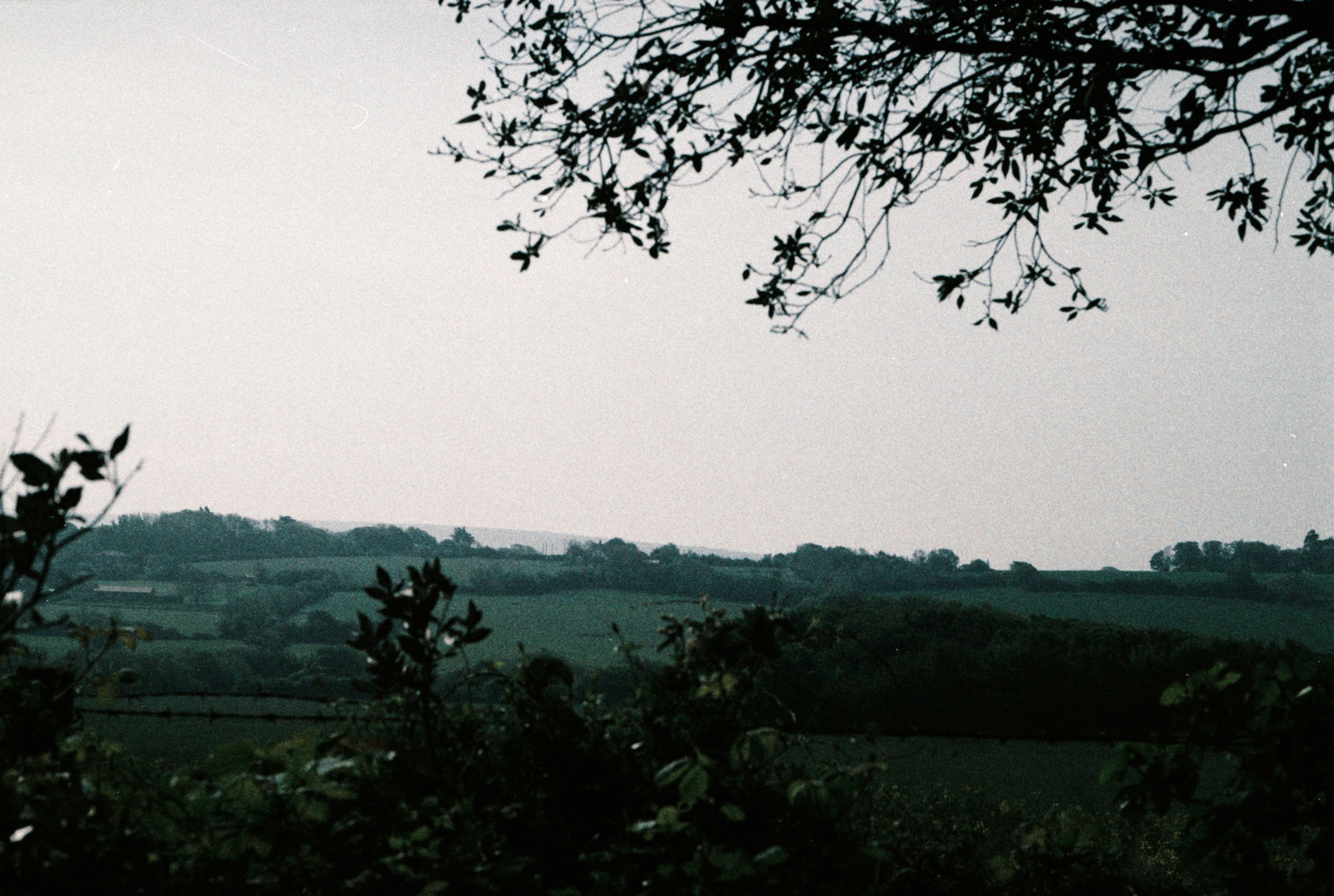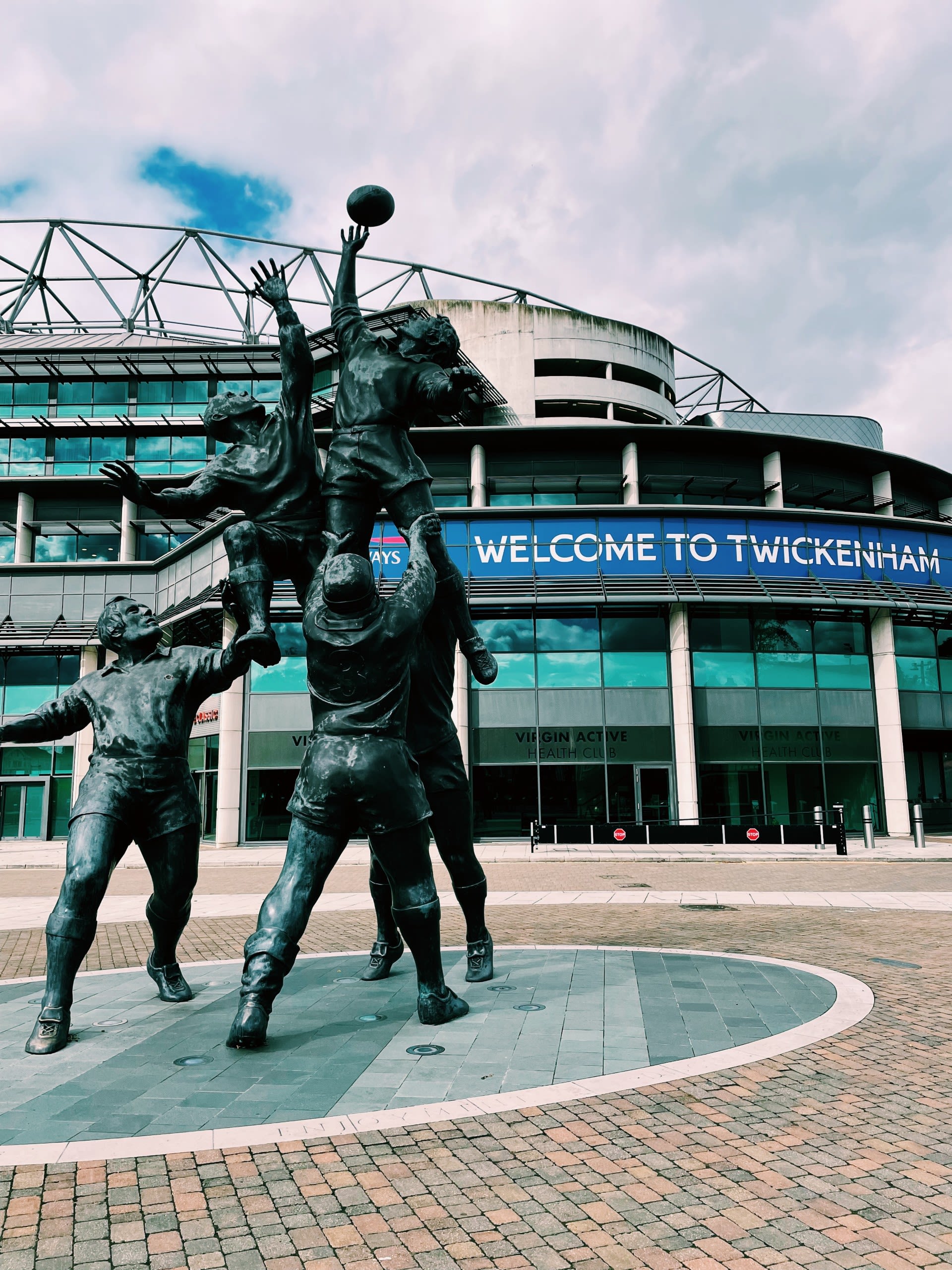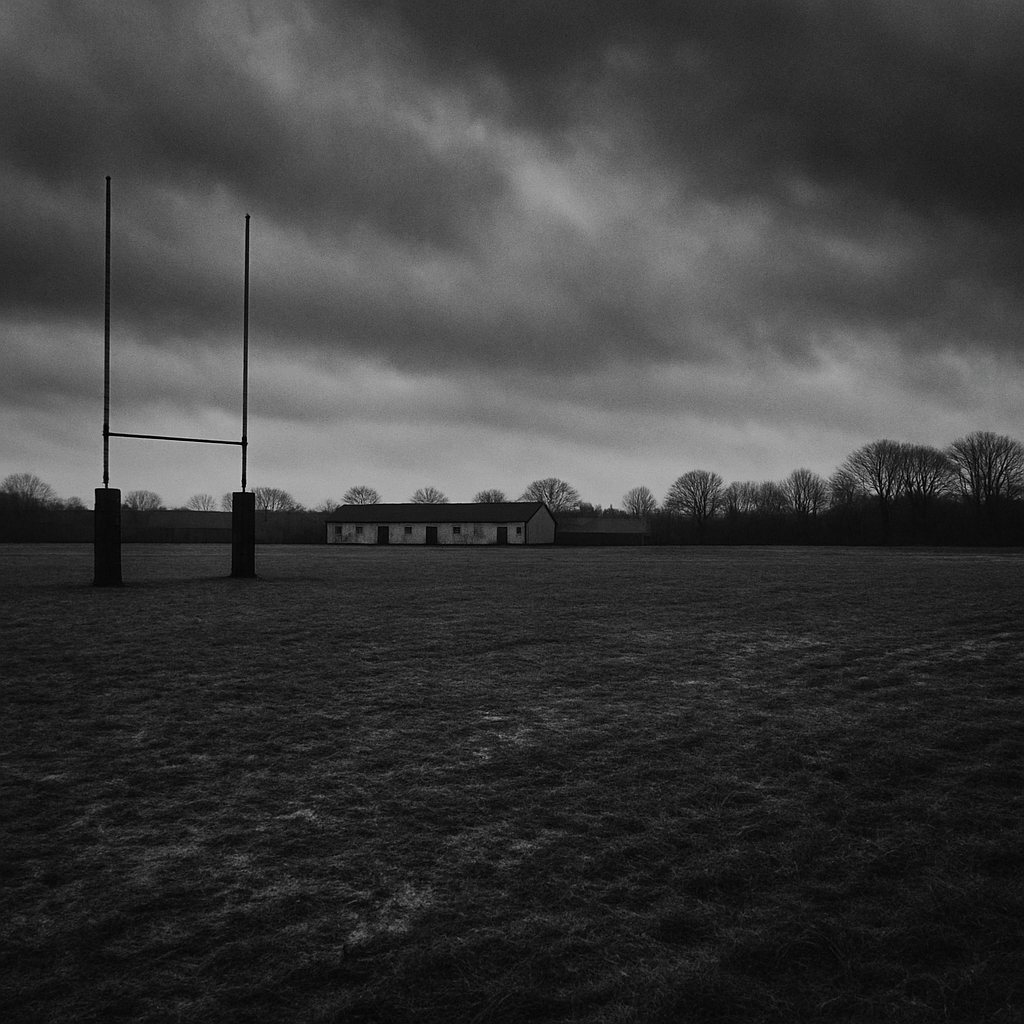This Sporting Strife:
Out on a ‘Lymm’: English Rugby's Distant Game - By Matt Hennessey


"It’s often said that sport reflects society, and the RFU’s handling of its lower leagues feels eerily like the political spectacle of “levelling up”....Like it. Or in Lymm’s case. Lump it."
Matt Hennessey


Out on a ‘Lymm’
By Matt Hennessey
There was a time when the men in charge of English rugby could walk the length of a club touchline without needing directions. When they knew the names of the volunteers who turned muddy fields into communities. A time when they didn’t regard the northern regions as logistical problems to be solved by an algorithm. That time, it seems, is receding into the dusty basement of rugby’s consciousness.
The Rugby Football Union speaks, with rehearsed benevolence, of “supporting grassroots to performance,” as if the game’s passage from village green to international stage were seamless and cherished. Yet, recent decisions - particularly those that affect clubs like Lymm Rugby Club - betray a governance grown not only distant but, more worryingly, belligerently ignorant of the rhythms of the very game it claims to champion.
In the dying embers of May 2025, the Rugby Football Union’s Adult Competitions Committee delivered a decision that felt less like administrative tidying and more like a logistical ambush. Lymm RFC, still basking in the afterglow of a record-breaking third-place finish in National 2 North, were informed they would be wrenched westward into National 2 West for the 2025–26 season.
The move, a product of an RFU mapping exercise designed to spread 42 clubs evenly across three fourth-tier leagues, might have satisfied a spreadsheet. But it left a community club staring down the barrel of an additional 4,500 miles on the road. Trips to Devon and Cornwall now await a team rooted in the north-west, a Cheshire village outfit propelled not by budgets or backers, but by volunteers, devotion and a conveyor belt of raw talent.
Lymm is not a relic. It is a rare, stubborn marvel. A village club - with an unwavering commitment to amateur principles, managed through judicious leadership and young, dynamic coaching, scale levels that would tempt many into financial indulgence.
You see, Lymm do not pay players. They do not gamble with their soul or mortgage the future. Instead, they field four senior teams, nurture a junior section teeming with upcoming promise, and host other sports in a spirit that makes the term “club” feel both inclusive and the heart of the Cheshire village nestled between a rugby league heartland and football obsessives.
Their reward for such competence and foresight? Bureaucratic reshuffling that displaces them laterally into a new league - the hastily arranged National 2 West - despite their highest-ever league finish. A feat that should’ve sparked celebration instead brings logistical headaches, volunteer fatigue, and the quiet erosion of progress. That such disruption should visit a club on the rise only sharpens the sense of injustice. The reshuffle was meant to restore balance; instead, it threatens to exhaust it, from the legs of players to the wallets of supporters. At this level of the game, where spirit and sacrifice still matter more than money, one wonders how long the grassroots can bear the weight of decisions made at a distance.
It would be wrong to claim Lymm Rugby Club has been entirely ignored. In 2019, the RFU funded an artificial pitch, an investment that was rightly welcomed, offering durability and access in all weather conditions. While the turf may endure, it does not amount to a relationship.
Infrastructure is not empathy. The surface may be modern, but the support is archaic; distant, inconsistent, and blind to the burdens placed on volunteers and amateur players now facing thousands of extra miles on the road. A pitch cannot ease that load. Nor can it console a community club treated not as a partner but as a logistical inconvenience.
What Lymm and clubs like it need is not just usable ground but firm ground to stand on—respect, consultation, and a governing body that sees beyond spreadsheets to the soul of the game.
The term for this approach is “level transfer.” The feeling it produces is demotion and disdain by stealth. It suggests a governing body unwilling or unable to understand the dynamics that make a club like Lymm not merely functional, but exceptional.




There is a broader tragedy at play. Twickenham, in its polished strategies and upbeat communiqués, seems increasingly preoccupied with the game as a product, a spectacle. A preoccupation that seems to have been one of many structural problems, of which the omnishambles that is the beleaguered RFU seem to be firefighting. But what it risks forgetting - in this age of digital gloss and academy pipelines - is that the roots of rugby are not marketing abstractions. They are muddy, bruised, fiercely local, and frequently heroic in their obscurity.
Lymm product David Strettle went on to play for England and won league titles with Saracens and Clermont Auvergne.
Lymm product David Strettle went on to play for England and won league titles with Saracens and Clermont Auvergne.
Lymm can point to men like David Strettle, who made the leap from their pitches to England duty. Or to Alex Mitchell, the current England and Lions scrumhalf, who began his journey there. Yet the system that benefits from these journeys offers little reciprocity. No incentives for clubs that stay solvent and honour the ideals of community. No safeguarding for identity and tradition when “strategic restructuring” comes a’knocking.
This isn’t merely administrative myopia. It is cultural vandalism dressed in corporate language. The decisions that impact clubs like Lymm are not neutral. They shape the morale, the financial sustainability, and the very character of the game’s grassroots of which is on life support. They tell ambitious yet principled clubs that their rewards will not be trophies or recognition. That the young family lives of promising players will be conceitedly brushed aside, and the idea that the usual alchemy of success - sound planning, passion and pride in performance - is no longer the recipe needed to climb the ladders of meritocracy.
It’s often said that sport reflects society, and the RFU’s handling of its lower leagues feels eerily like the political spectacle of “levelling up”. Noble in speech, empty and cruel in effect. Investment and attention are promised to the northern regions, while power, decision-making, and the lens of all decision-makers remain centralised in TW2. Like it. Or in Lymm’s case. Lump it.
But here’s the deeper truth: rugby’s appeal, albeit waning appeal, has always lain in its ability to reflect something noble about those who play it — their selflessness, their sacrifice, their sense of duty and belonging to a place where the barrister laces up his boots with the bricklayer. When those virtues are found in a place like Lymm, they deserve not bureaucratic inconvenience but institutional reverence.
If the RFU truly wishes to “enrich lives and strengthen rugby,” it must begin by listening. Something it spectacularly failed to do with the community rugby trials of tackle height, with Twickenham ticket prices, and if the numerous votes of no confidence in leadership point to, it still has its fingers plugging its ears.
So, the message should be to listen. Not to consultants or metrics, but to the clubs who endure. The ones who grow players not by contract, but by character and community. Who believe, quaintly but correctly, that the soul of the game is not bought, but earned. This isn’t an antiquated ideal. On the contrary, it should be the ideal to aspire to for all teams to produce a sustainable and ambitious team and club.
Because once you lose that, once you forget where the stream flows from, no strategy or logistical somersaults, however polished, can revive what’s been allowed to die.
If this struck a chord - or a nerve - I’d love to hear your thoughts. Join the conversation and follow for more on sports soul and its future: substack.com/@mattyhenno.
"The decisions that impact clubs like Lymm are not neutral. They shape the morale, the financial sustainability, and the very character of the game’s grassroots of which is on life support. They tell ambitious yet principled clubs that their rewards will not be trophies or recognition."


